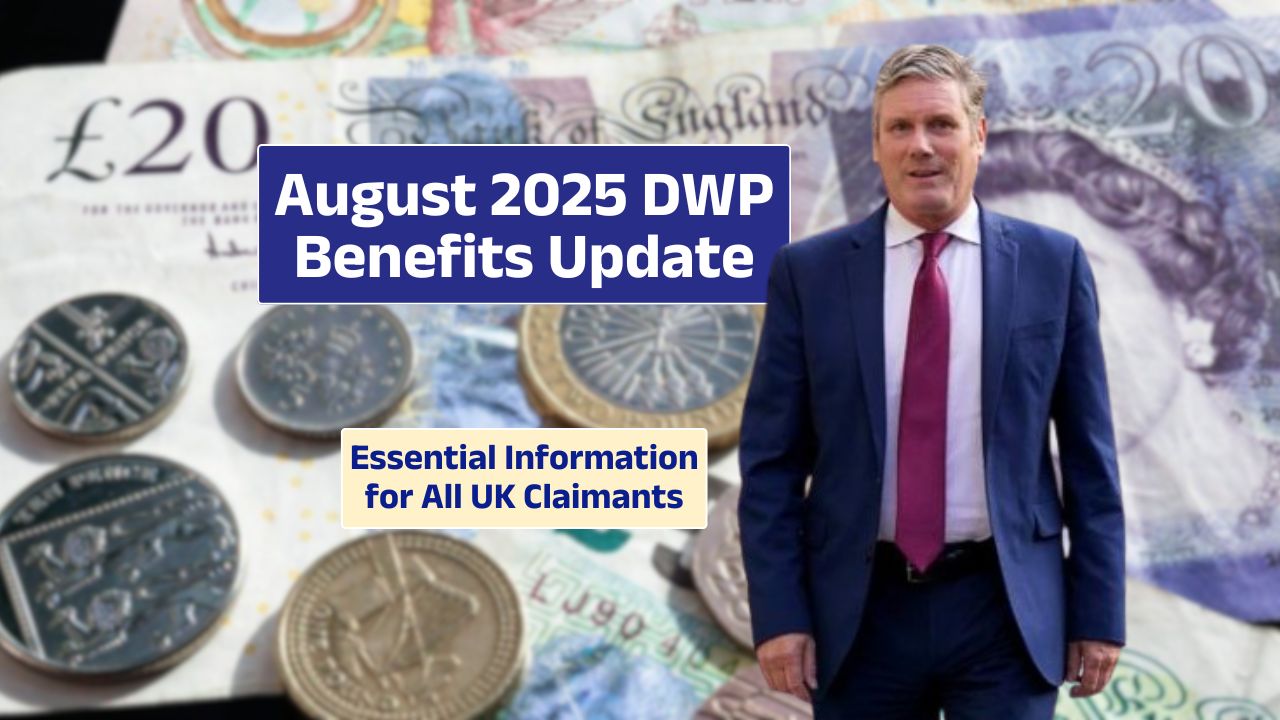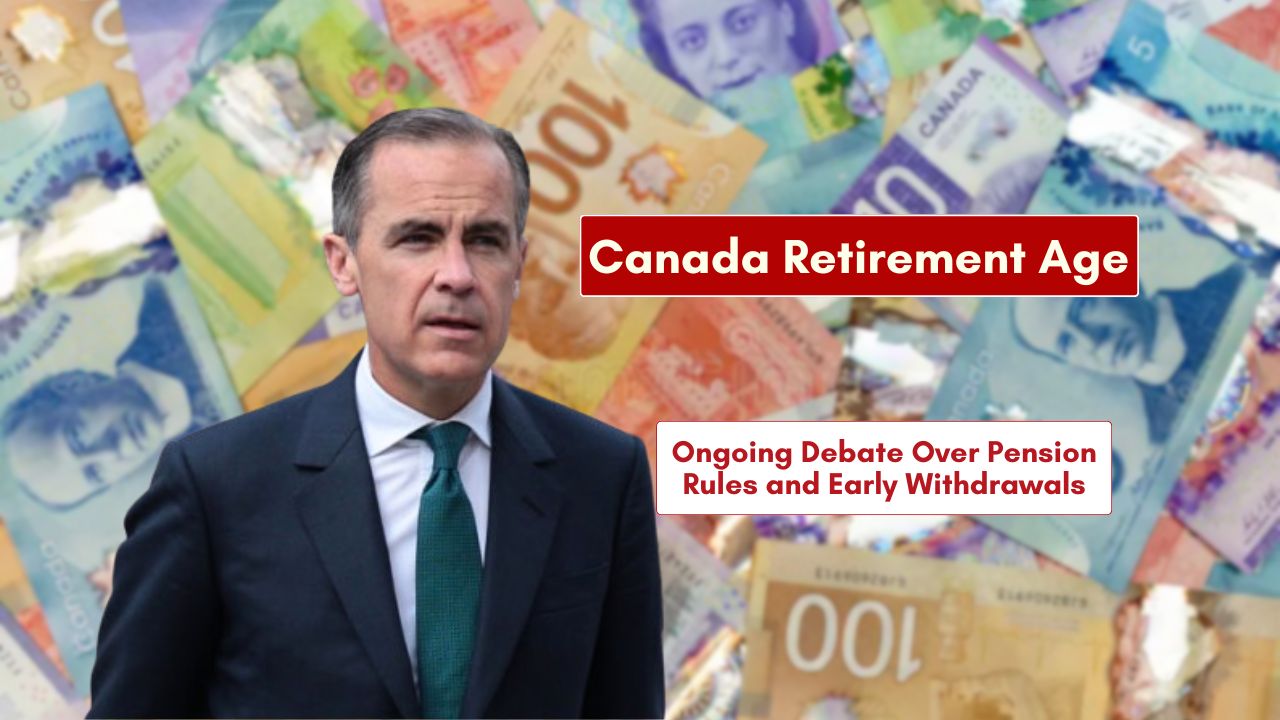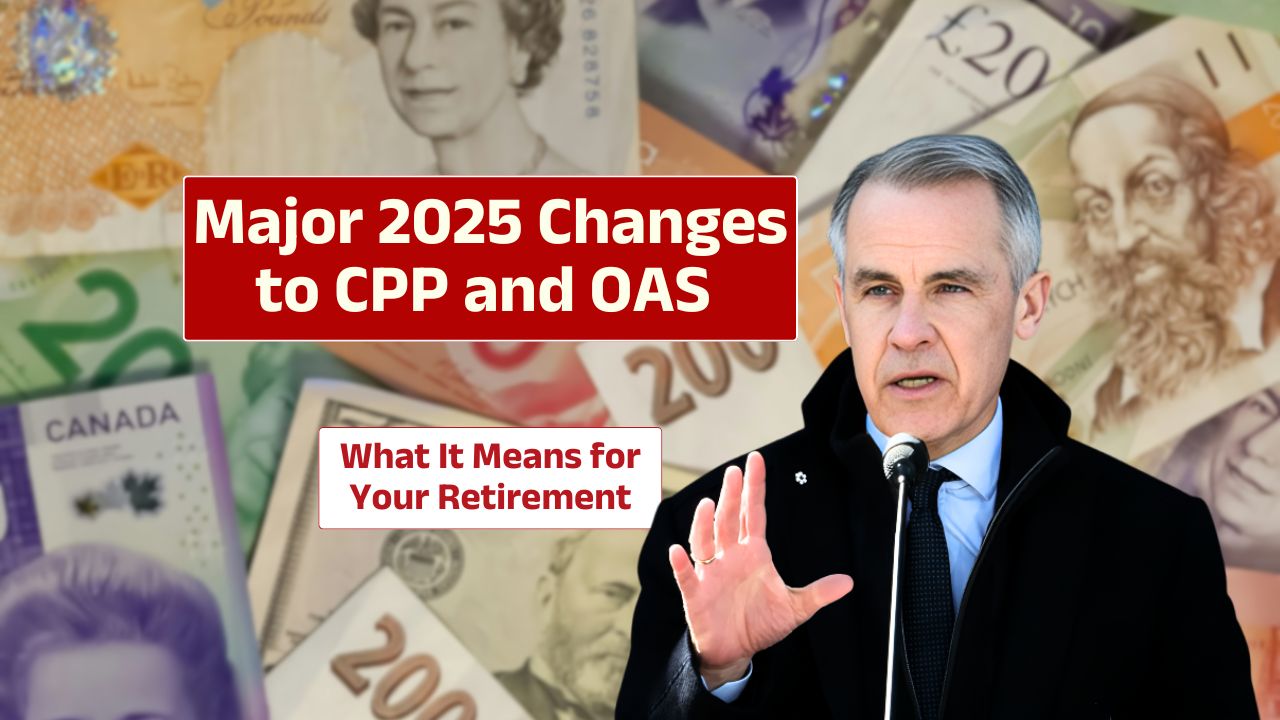There’s been a lot of buzz lately about a £725 payout tied to the UK’s Welfare Reform Bill. If you’ve heard the hype, you might be expecting a lump sum payment dropping into your account. But here’s the truth: it’s not a windfall for everyone. In fact, it’s a phased increase to Universal Credit for a very specific group.
This guide sets the record straight—and breaks down the tougher changes coming for disability benefits like PIP and the LCWRA element. Let’s get clear on the facts, your rights, and how to prepare for the changes ahead.
Reality
Let’s get real. This Welfare Reform Bill isn’t dropping £725 into your bank account overnight. It’s a long-term increase, aimed specifically at single Universal Credit claimants over 25.
It’s being phased in over four years, not issued as a one-time payout. Think of it more like a slow cooker than a microwave—help is coming, but it won’t be instant.
At the same time, the bill is tightening rules around disability benefits. That includes freezing support for some and making it harder for new applicants to qualify for help. There’s some good, some bad, and a lot you need to know to make sense of it all.
Breakdown
The UK government’s Welfare Reform Bill has two big aims: reduce benefit costs and get more people into work. To make that happen, they’re adjusting Universal Credit and Personal Independence Payment (PIP) rules. Some changes may help, others could hurt.
On the plus side, single claimants over 25 on Universal Credit will eventually get more support. But on the flip side, disabled people and those with long-term conditions face tougher hurdles to get help.
Payout
Let’s tackle that £725 figure head-on. It’s not a check you’re getting in the post next week. It’s the total estimated increase to Universal Credit for single claimants aged 25+—and it won’t be fully in place until the 2029/30 tax year.
Who Qualifies?
Only single adults over 25 will benefit. That’s about 4 million people, not the 7 million being thrown around in social media rumors. If you’re under 25 or part of a couple, this boost doesn’t apply to you.
How It Works
It’s a staged increase, starting in April 2026 and rising gradually each year. By 2029/30, the full increase will amount to £725 per year—or about £14 extra per week. Not a jackpot, but every bit helps in tough times.
LCWRA
Now let’s talk about the Limited Capability for Work and Work-Related Activity (LCWRA) element. It gives extra Universal Credit support to people who can’t work due to health problems.
What’s Changing?
- From April 2026, the LCWRA amount will be frozen for 3 years.
- New claimants from that date will receive a reduced rate compared to current levels.
With inflation and living costs rising, freezing this support means it’ll be worth less over time—a real concern for many.
PIP
Personal Independence Payment (PIP) is also under review. It’s vital support for those living with disabilities and long-term conditions. But the new rules could make it much harder to qualify.
What’s the Risk?
- The assessment system is changing.
- Mental health and fluctuating conditions could be harder to prove under new criteria.
- People already claiming PIP may lose support when reassessed.
That’s a big worry for people who rely on PIP to manage daily life and independence.
Voices
Disability rights groups like Scope and Disability Rights UK are sounding the alarm. They argue the changes will hit the most vulnerable the hardest—especially those with invisible or complex conditions.
And they’re not wrong. When you freeze or cut benefits for people already struggling, the ripple effects reach entire communities. Less money means more hardship, more stress, and less independence.
Steps
If you’re receiving Universal Credit, PIP, or think you might in the future, here’s how to prepare:
Know Where You Stand
Check your current benefits and know what you’re receiving. If something doesn’t make sense, call Citizens Advice or your local welfare support service.
Stay Informed
Don’t trust TikTok rumors. Check reliable sites like:
- GOV.UK
- UK Parliament
- Citizens Advice
They’ll give you updates straight from the source.
Gather Evidence
If changes to PIP or LCWRA might affect you, get your documents in order. Doctor letters, diagnosis papers, care plans—all of it counts.
Get Support
This stuff is complicated. You don’t have to go it alone. Charities and local support agencies can walk you through appeals and applications.
Community
The effects of these changes will be felt far and wide. When benefits shrink or become harder to access, it impacts mental health, family stability, and local economies. A strong community looks out for everyone—especially its most vulnerable.
We need to raise our voices, demand fair treatment, and ensure the government hears what life is really like for the people these reforms will touch most. This isn’t just a policy—it’s people’s lives.
FAQs
Is there a £725 lump sum payment?
No, it’s a gradual increase over 4 years for single adults 25+.
Who qualifies for the Universal Credit boost?
Only single claimants aged 25 and over starting April 2026.
Is LCWRA being cut?
Yes, frozen for existing and reduced for new claimants.
Are PIP rules changing too?
Yes, assessments will be tougher, especially for mental health.
How can I prepare for the changes?
Stay informed, gather medical proof, and seek expert help.















